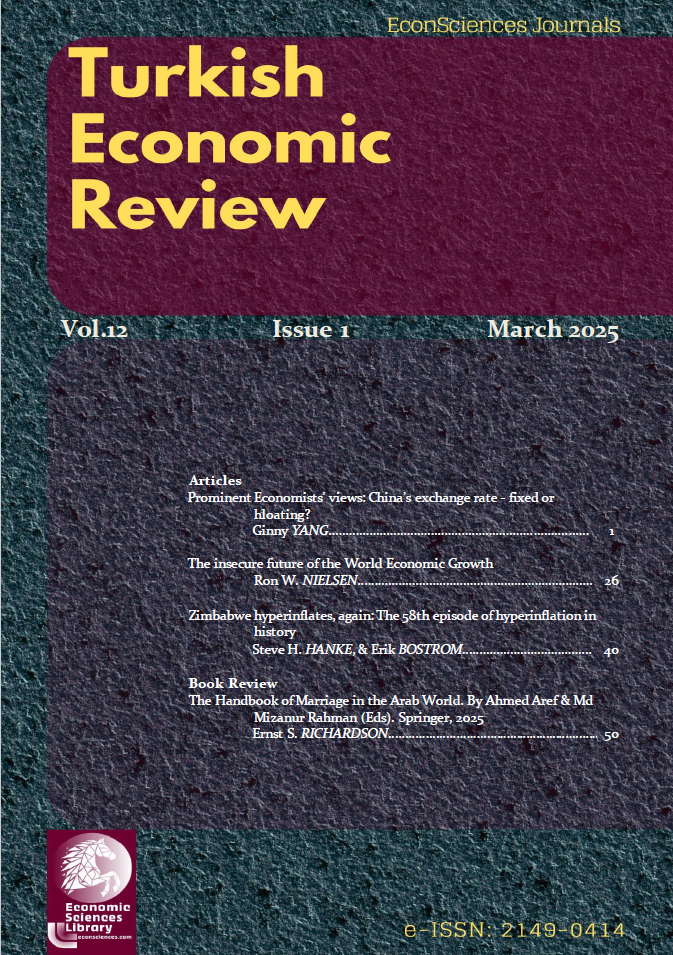Abstract
This edited volume provides a comprehensive, holistic, and interdisciplinary analysis of the state of marriage across all 22 Arab countries, a crucial undertaking given the institution's central role as the primary social unit in the region. The book’s core contribution is its in-depth exploration of marriage in the face of modern structural and emerging challenges, including declining rates, rising costs, delayed marriage, and the proliferation of non-traditional and informal marital types. By segmenting the analysis into distinct regional chapters (e.g., the Gulf, Maghreb, Mashreq, Egypt, Sudan, and Yemen), the book effectively overcomes the generalized approach of previous studies, capturing significant regional, cultural, and socio-economic differences. A key focus is the impact of major external factors such as war, conflict, internal displacement, and migration, which have led to phenomena like increased child marriage and altered spousal roles in regions like the Mashreq and Yemen. Drawing on the expertise of a large group of Arab researchers, the handbook consolidates knowledge to fill a critical gap, serving as an essential reference for academics and a vital guide for decision-makers developing family policies and interventions across the Arab world.
Keywords. Arab Family Studies; Marriage and Family Dynamics; Social Change and Conflict; Demography and Fertility; Non-Traditional Marriage.
JEL. J12; Z13; O15; I31; P46.

This work is licensed under a Creative Commons Attribution-NonCommercial 4.0 International License.
